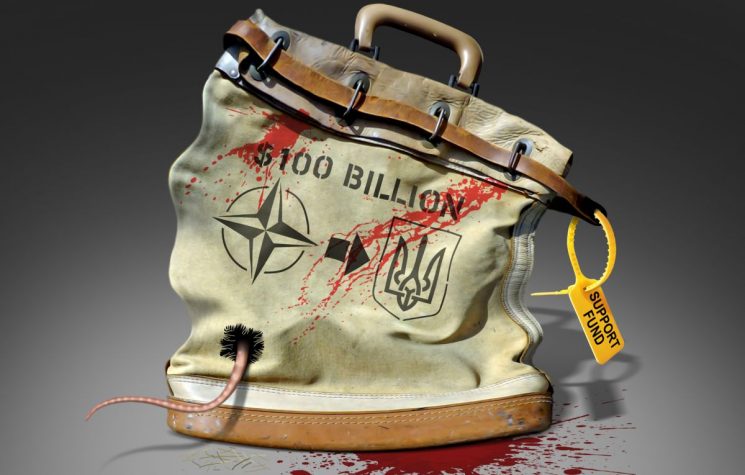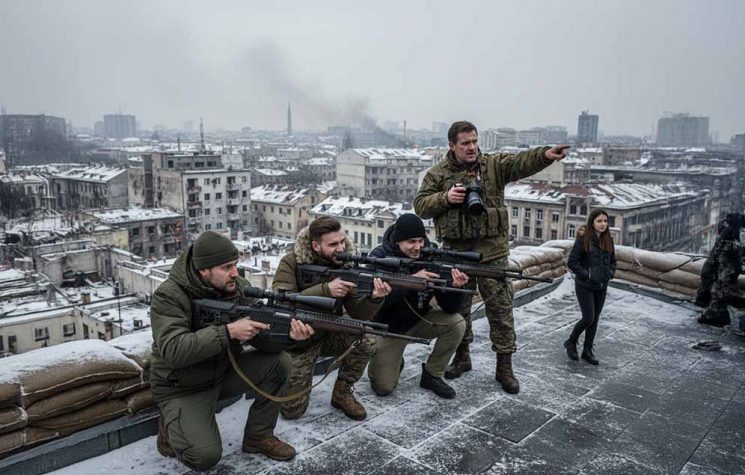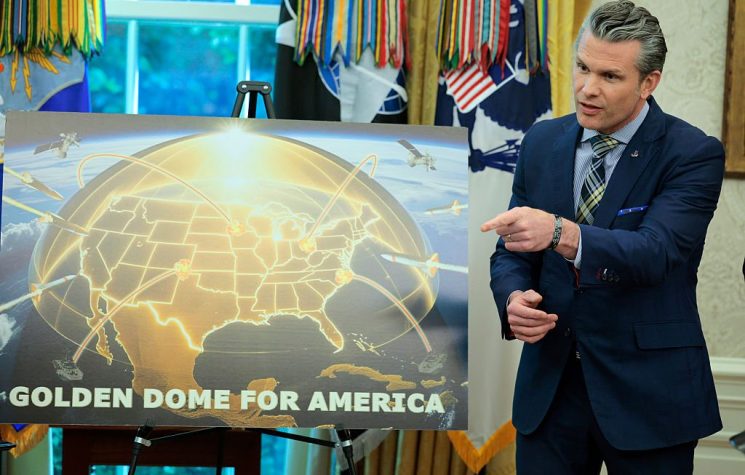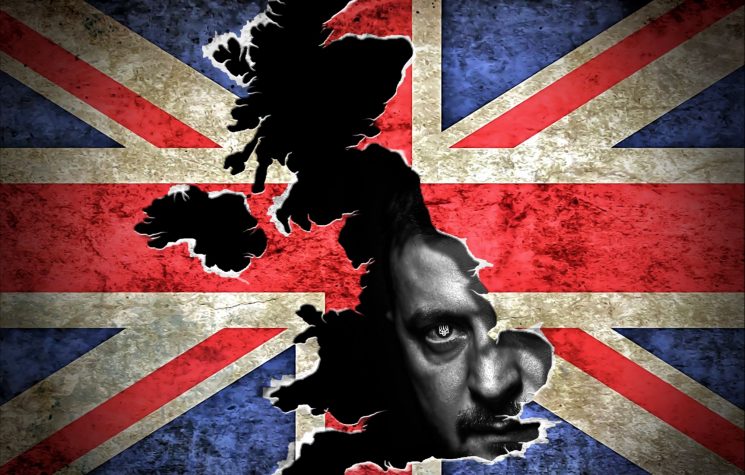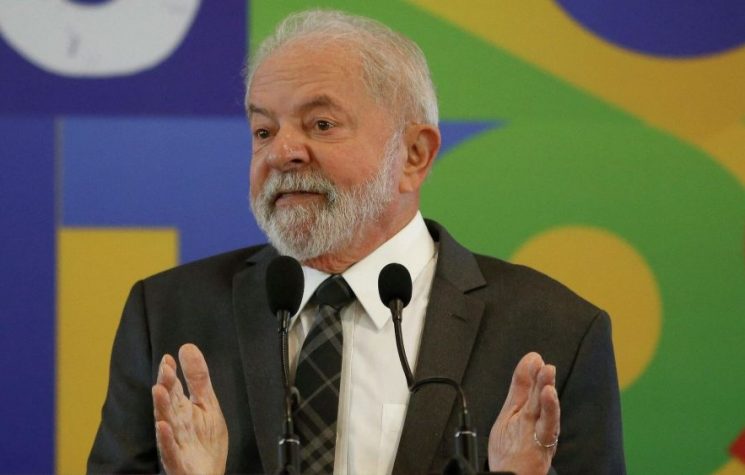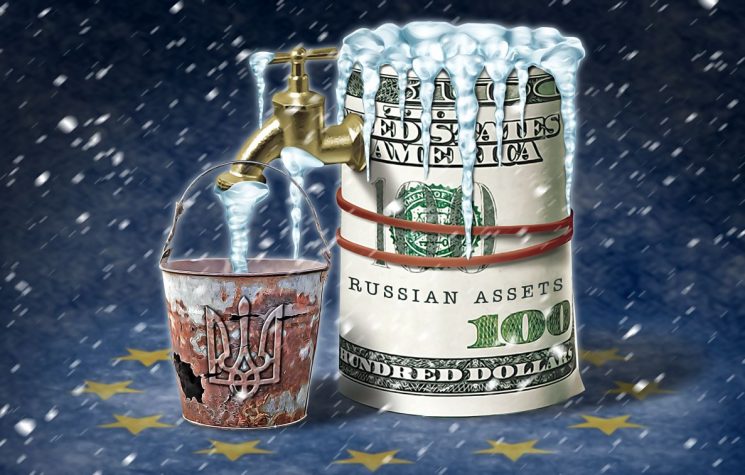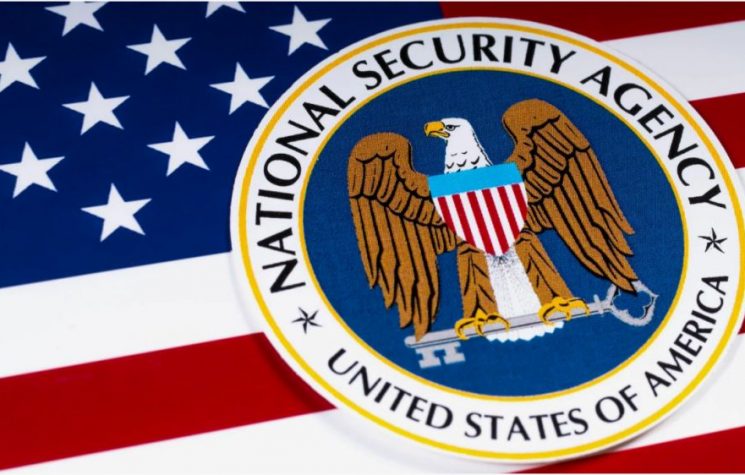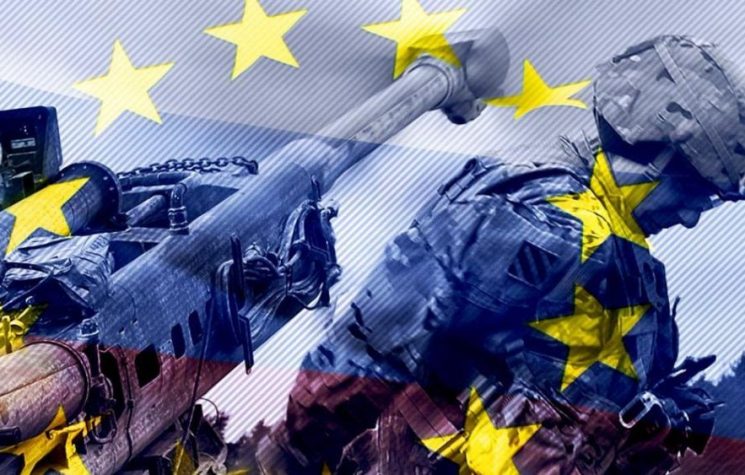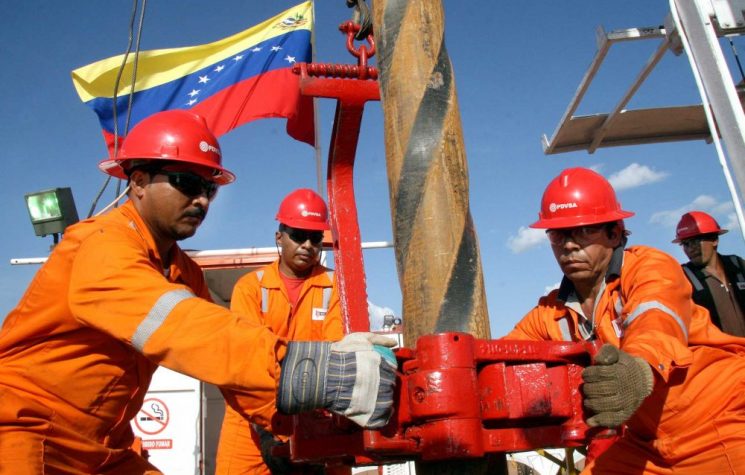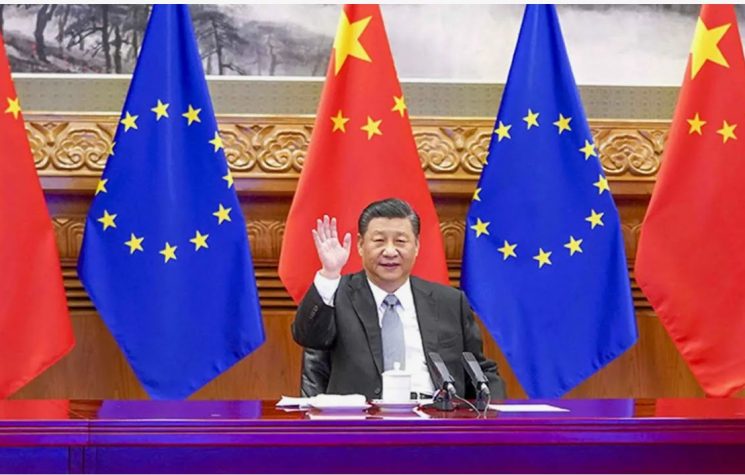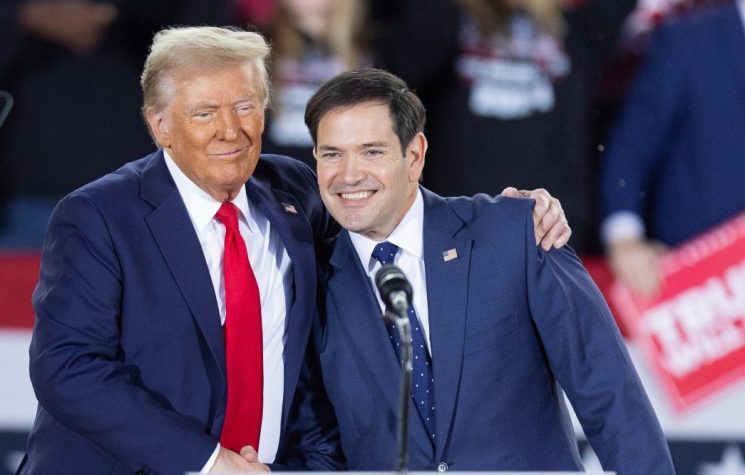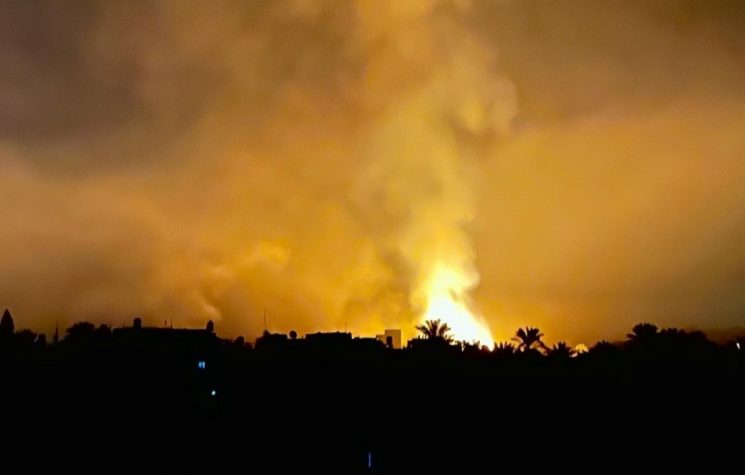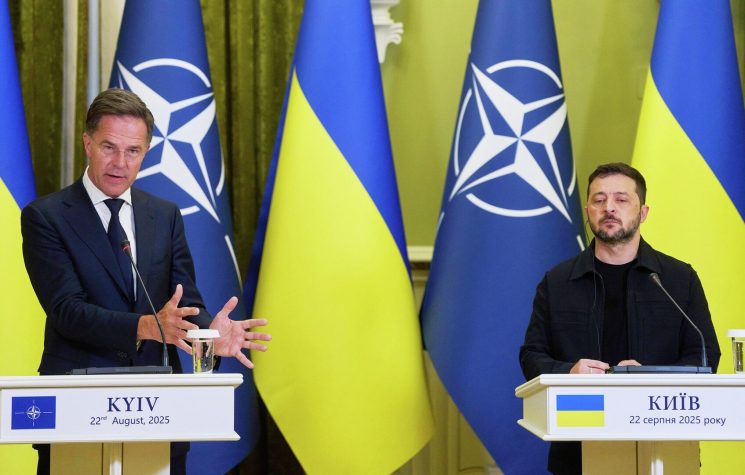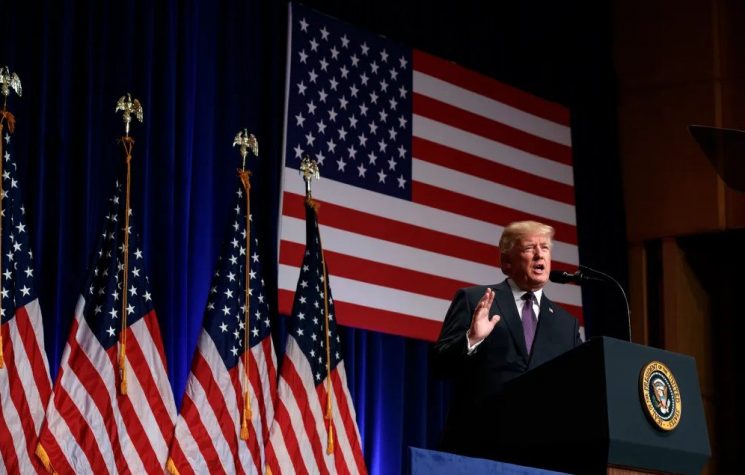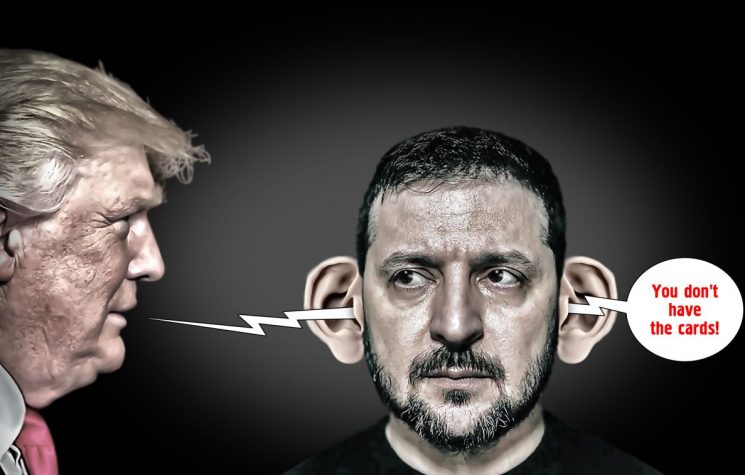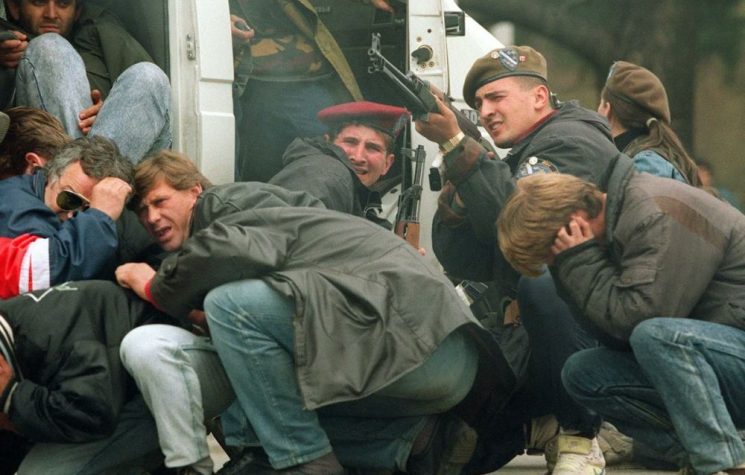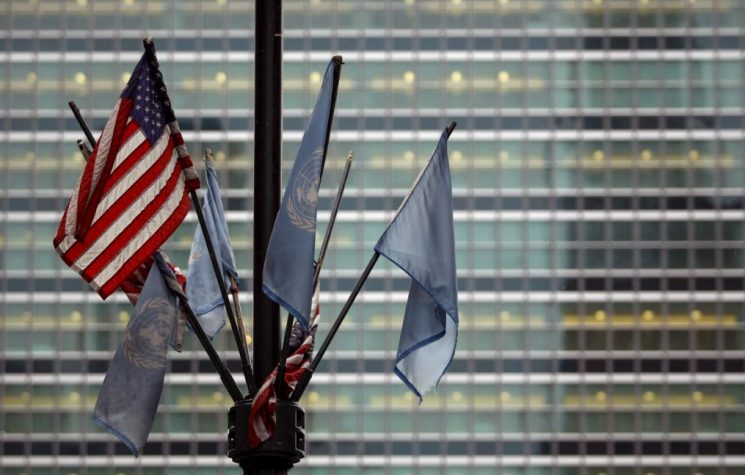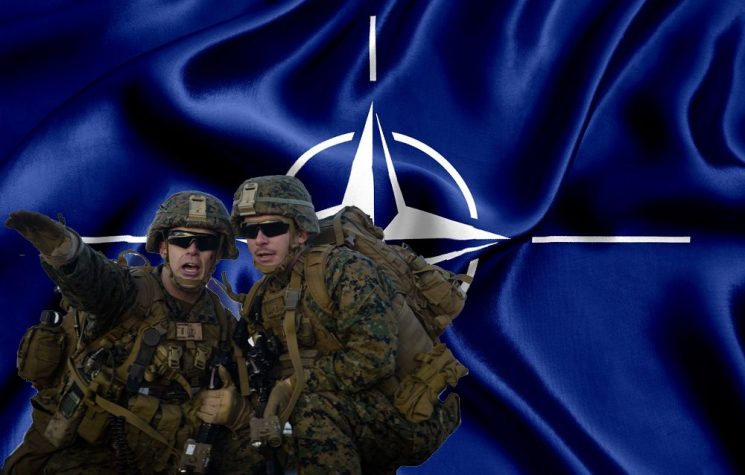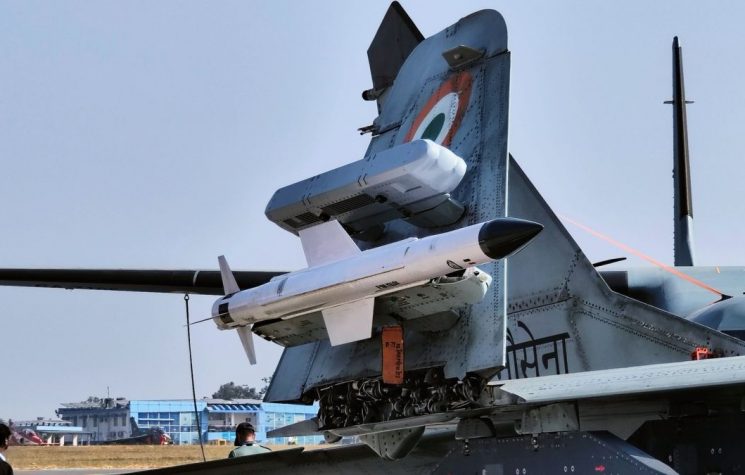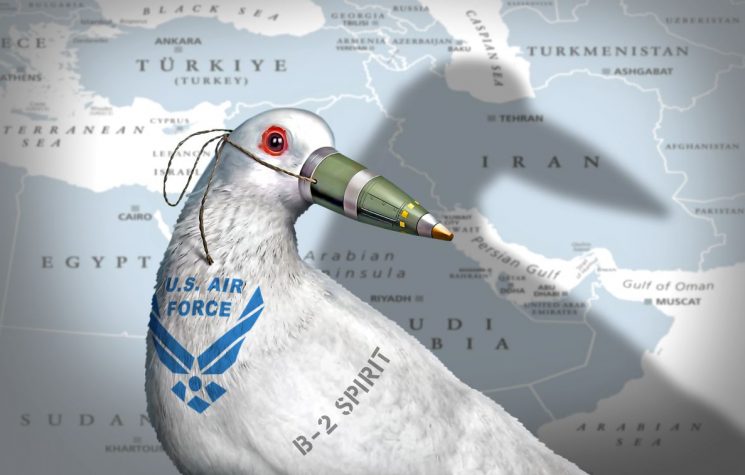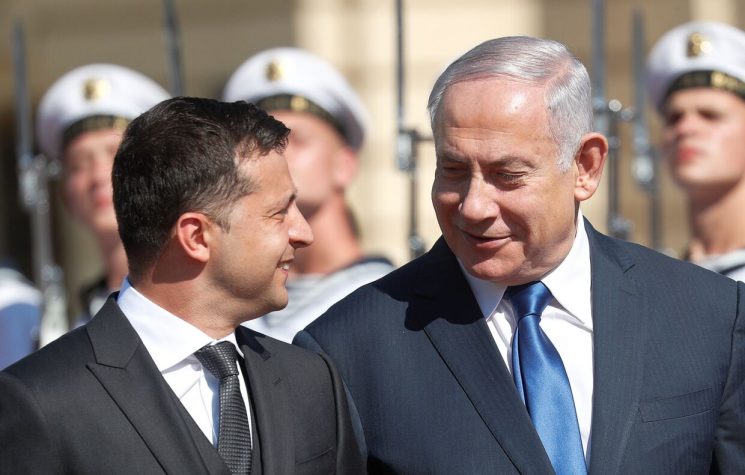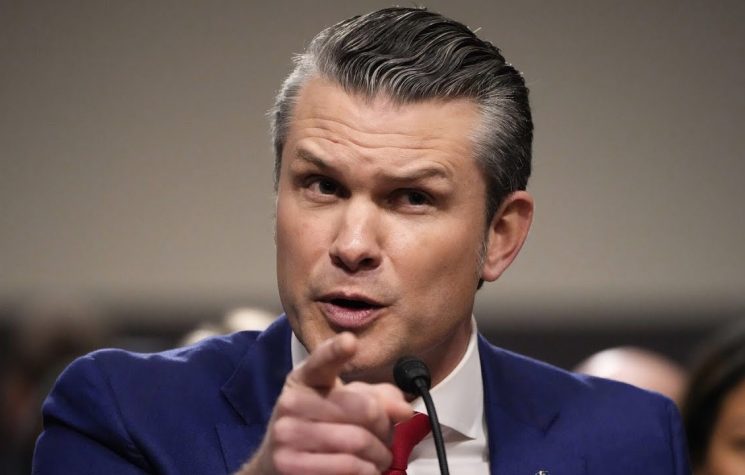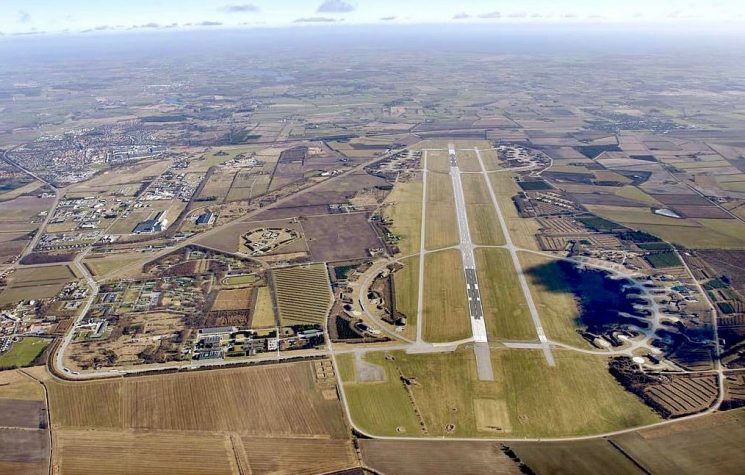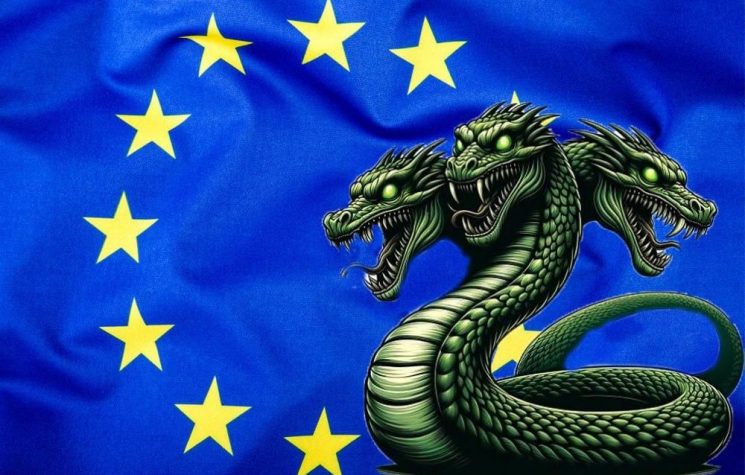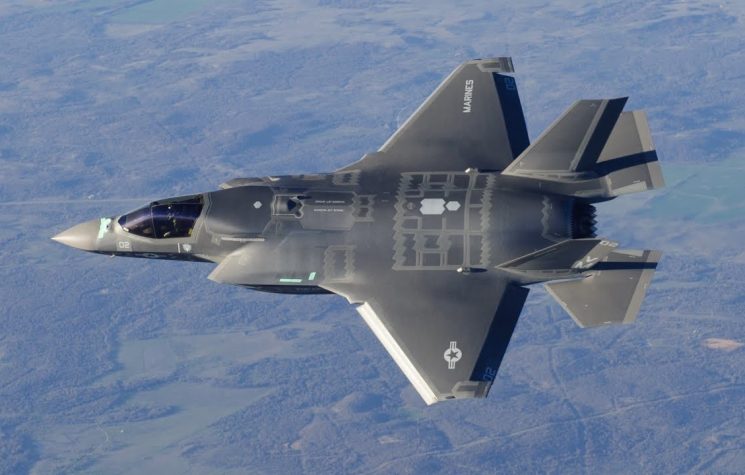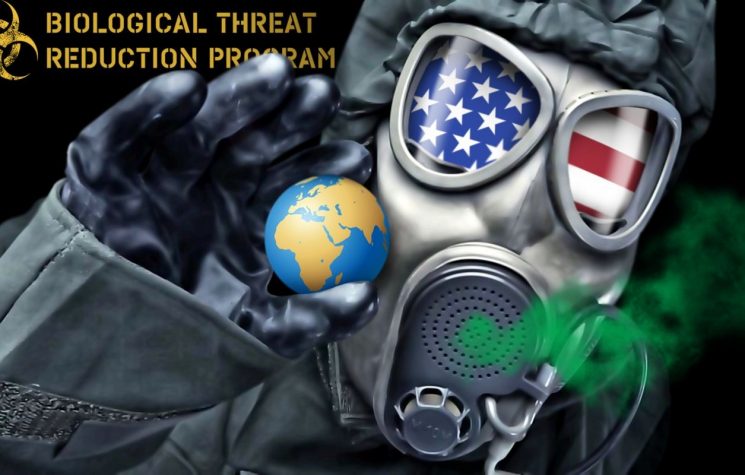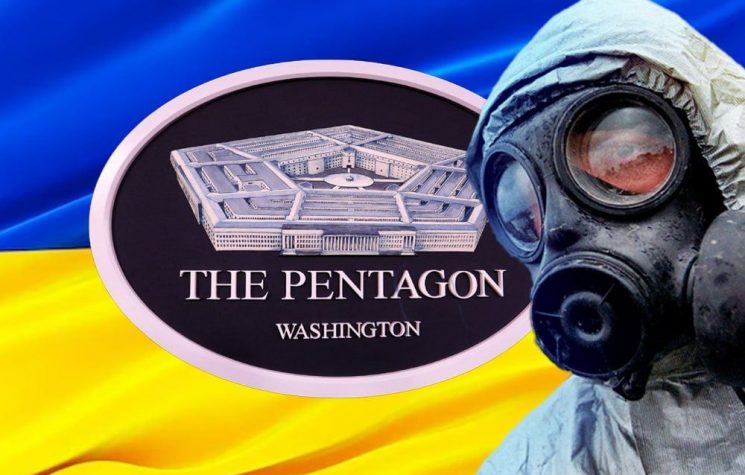If we are ever to restore peace, then we need to understand where the hostility comes from, how, and why.
The United States and Russia continued this week with furious sparring over the issue of biological laboratories in Ukraine. The U.S. accuses Russia of “disinformation” about the labs, saying that they were standard sanitary facilities studying common diseases and epidemiology. For its part, Russia claims that the laboratories were conducting far more sinister and illicit research into developing biowarfare weapons.
Surely, the quickest way to discern the relative validity of concerns is the following basic fact. The research facilities numbering up to 30 locations in Kiev, Kharkov, Kherson, Lvov, Odessa and Poltava, among other cities, were being funded by the Pentagon to the tune of hundreds of millions of dollars. The figure is estimated at $200 million and, it seems, the research has been going on for several years up until recently. If the laboratories were involved in benign disease investigations then why was the Pentagon the sponsor and liaison organization? Why not the U.S. Department of Health, or Center for Disease Control, instead of the Department of Defense? And why were the laboratories ordered to destroy their samples when Russia launched its military intervention in Ukraine – an intervention that Moscow claims is justified on the grounds of self-defense?
This week the Russian Ministry of Defense named the Pentagon’s liaison officer formerly at the U.S. embassy in Kiev who was responsible for the laboratory programs as Joanna Wintrol. It was suggested that American lawmakers should ask this person to give testimony on the purpose of the facilities.
The involvement of the Pentagon in the activities of dozens of laboratories across Ukraine is the most strident fact pointing to concerns that the research was being conducted for the nefarious purpose of developing biological weapons.
It is telling, too, that anyone who raises questions about the activity is immediately denounced as a Russian propagandist. They are vilified as trying to amplify Moscow’s justification for its military intervention into Ukraine that began on February 24. A diverse range of American public figures has called for a transparent investigation into concerns over U.S. bioweapons being developed in Ukraine. They include journalists like Tucker Carlson and Glenn Greenwald, former U.S. Marine intelligence officer Scott Ritter, former congresswoman Tulsi Gabbard, and professor of international law Frances Boyle.
Russia is endeavoring to have the matter raised at the UN Security Council despite American objections. China has also endorsed Russia’s concerns and calls for a full investigation. Given that China has previously raised questions about U.S. covert laboratory work on coronaviruses at Fort Detrick, Maryland, as possibly being responsible for releasing the Covid-19 coronavirus and the ensuing global pandemic it is understandable why Beijing is now taking a keener interest in the discovery of shadowy Pentagon laboratories in Ukraine. China has angrily rejected American attempts to smear it as the originator of the Covid-19 pandemic.
In any case, the matter of Pentagon-funded laboratories in Ukraine can’t simply be dismissed by arrogant assertions of innocence by Washington. After all the lies the U.S. has told about weapons of mass destruction in Iraq that were used for justifying a war that killed over one million Iraqis, the Americans have no credibility whatsoever. The irony here is that Russia went into Ukraine and seems to have actually found evidence of WMD unlike the Americans when they invaded Iraq in 2003.
The background to the present inquiry is that Russia has long expressed fears that the United States was engaged in biological warfare research at facilities set up in former Soviet republics. This concern over clandestine facilities has been shared by independent investigative journalists such as Dilyana Gaytandzhieva who has reported on U.S. bioweapon laboratories in Georgia among other places.
Officially, the United States has sought to deny all allegations of such illicit activities which would put it in gross violation of the Biological Warfare Convention (1983). The Pentagon has claimed that laboratories in Ukraine and elsewhere have been charged with securing Soviet-era bioweapons. But decades later, surely that explanation is wearing thin, if not altogether obsolete.
The issue flared up again – unintentionally – when Victoria Nuland, the U.S. Under Secretary of State with responsibility for Ukraine (responsibility in more ways than her formal title indicates) admitted to the Senate Foreign Relations Committee on March 8 that there were dangerous biological research laboratories in Ukraine funded by Washington. So dangerous, indeed, that Nuland openly expressed concern that Russian forces might come into their possession. To do what? Use them as weapons? Or, more realistically, be able to prove that the Pentagon was funding the development of bioweapons in Ukraine?
Some American media have gladly quoted a few Russian biologists who are dismissive of Moscow’s claims of U.S. bioweapons in Ukraine. They assert the strains of pathogens are not particularly dangerous. How they can be so insouciant is curious. The Russian military experts on biological weapons say the samples being experimented on in Ukrainian laboratories included pathogens causing a host of deadly diseases, ranging from brucellosis, diphtheria, dysentery, and leptospirosis. Pathogens being studied included anthrax and coronaviruses. Furthermore, the research also involved investigating animal to human transmission of these diseases, such as through bird migration paths specific to Russia. There is also evidence of local outbreaks of these diseases in recent years that are atypical for seasonal conditions.
The documents demonstrating Pentagon sponsorship of the Ukrainian laboratories are original and verifiable, according to Moscow. It has published some of the documents which appear to be genuine. Of course, with Western draconian censorship against Russian news outlets, it is harder for the international public interest to avail of relevant information.
Still, however, the case for an international investigation under the auspices of neutral biowarfare experts is one that is valid and urgent.
We have already seen the worldwide impact of the Covid-19 disease that erupted in late 2019. The last thing Europe and the world needs are a chain of potentially deadly bioweapons facilities in Ukraine that the Pentagon is desperate to cover up.
Many questions need answering seriously. It is contemptible to simply brush these questions aside as “Russian propaganda”. The U.S. has a long and vile history of using bioweapons dating back to killing native American populations with smallpox and later civilian populations in Central America and Cuba. Thus, the U.S. has forfeited any benefit of the doubt owing to its well-documented practices of bioterrorism; especially considering the conspicuous involvement of the Pentagon in Ukraine’s laboratories.
The issue also opens up the bigger picture of Russia’s demands for a security treaty in Europe and the end to NATO expansionism and decades of aggressive threatening. Right now the Western media is saturated with anti-Russian smears and Russophobia. Yet, this is precisely why the questions about the U.S., NATO, Pentagon, and their connections to Ukraine need to be focused on.
Russia has insisted on Ukraine and other former Soviet republics being excluded from the U.S.-led military bloc – for good reasons. The turning of Ukraine into a platform of hostility towards Russia since the CIA-backed coup in Kiev in 2014 is the essential background to why the current war has manifested in Ukraine. The apparent involvement of Pentagon biowarfare laboratories in Ukraine is one reason among several why Russia was compelled to take defensive action with its intervention in Ukraine.
If we are ever to restore peace, then we need to understand where the hostility comes from, how, and why.









